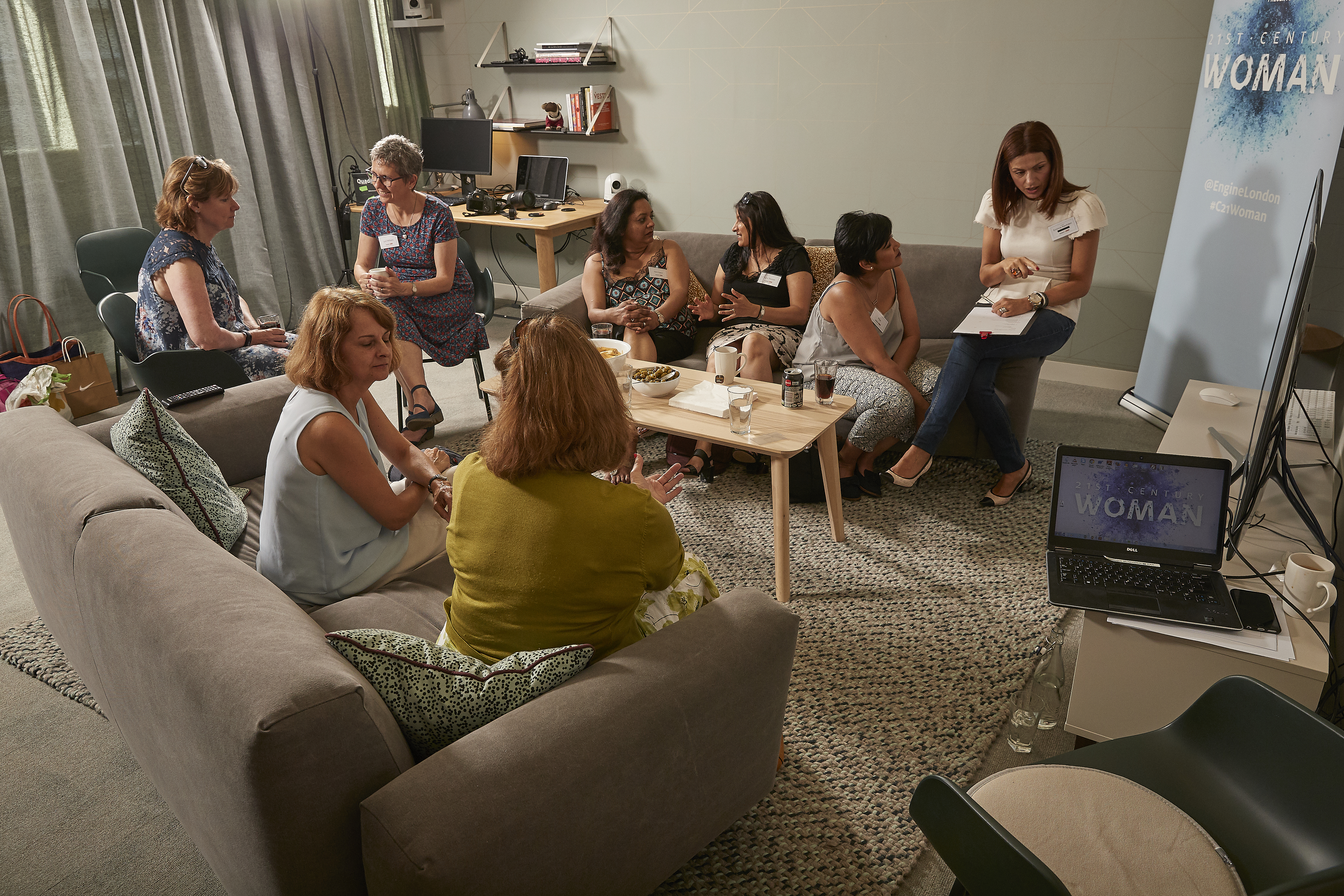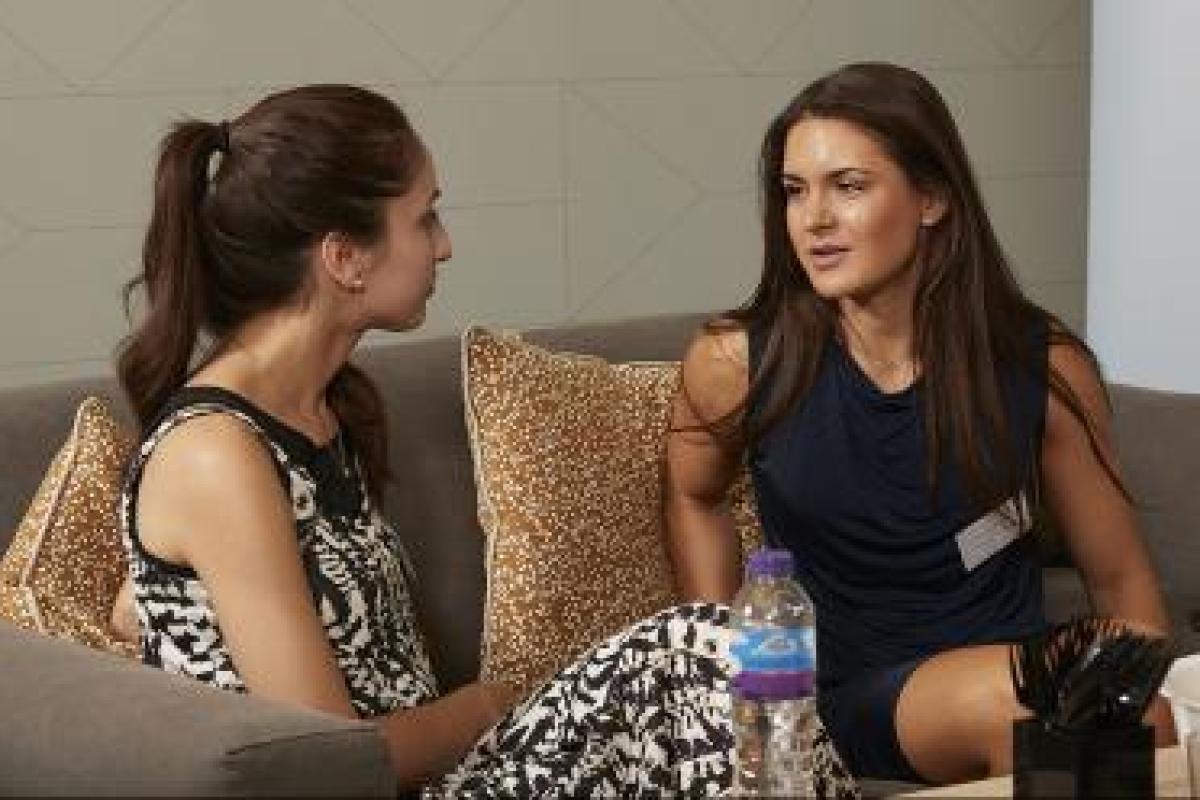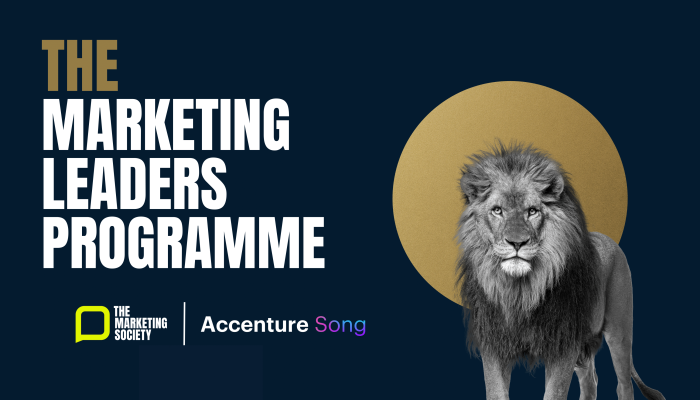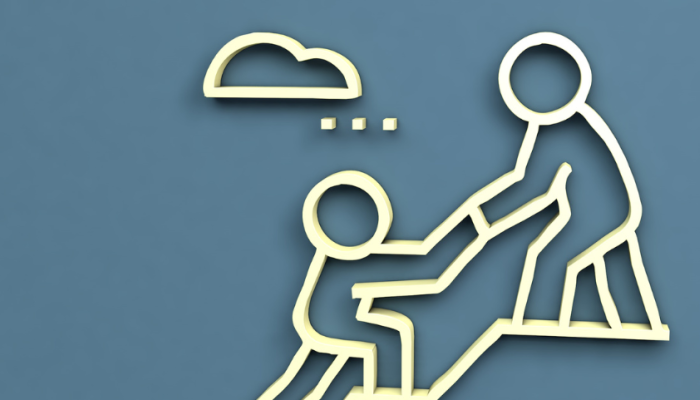‘Bravery’ is a theme that’s punctuated a number of Cannes Lions festivals over the past few years. We’ve had agency heads calling for it from their clients, marketing directors calling for it from their agencies and creative directors calling for it from their peers.
Indeed, the Cannes Lions organisers themselves even published a White Paper on the subject during last year’s event.
Sometimes it can be frustrating to keep revisiting the same topics over and over again. But this year the conversations around bravery seem a little different. Because finally – finally - brands and agencies appear to be walking the walk as well as talking the talk.
Bravery in advertising can be found in various guises. Maybe the campaign is tackling deep seated social issues – as State Street Global Advisors is doing so brilliantly with its multi-Lions winning ‘Fearless Girl’ statue.
A brand could be showing bravery by shunning category or branding norms – Mexican beer brand Tecate was highlighted by the Glass Lion judges (an award given to work that addresses issues of gender inequality or prejudice) for subverting the male-dominated work usually produced by alcohol companies.
Meanwhile Burger King won the Print Grand Prix for showing real-life restaurants that had burned down, to highlight that it’s always been dedicated to producing flame-grilled burgers. Picking a brand’s worst moment to lead its advertising isn’t the safest of moves, but it paid off.
Bravery could be shown by a client committing to an idea or execution that they know could shock or discomfort viewers – as the Transport Accident Commission has done with ‘Meet Graham’. Graham is grotesquely fascinating and a surefire way to stop you in your tracks and make you think.
And of course, bravery can be shown simply through a client’s commitment to investing in their marketing. Credit Channel 4 and Kenzo for their award-winning campaigns that have production values most feature films would crave.
Judging Cannes by those who matter most
But being brave is risky. Otherwise everyone would be doing it. It’s so much easier to keep things safe and on the straight and narrow.
That’s why being bold and unafraid were themes that punctuated a ‘21st Century Woman’ project that we at Partners Andrews Aldridge embarked on earlier this year. This was an initiative to discover what modern women wanted from advertising. And we found that, despite this audience being responsible for 80% of consumer spending, few felt that advertising spoke to them.
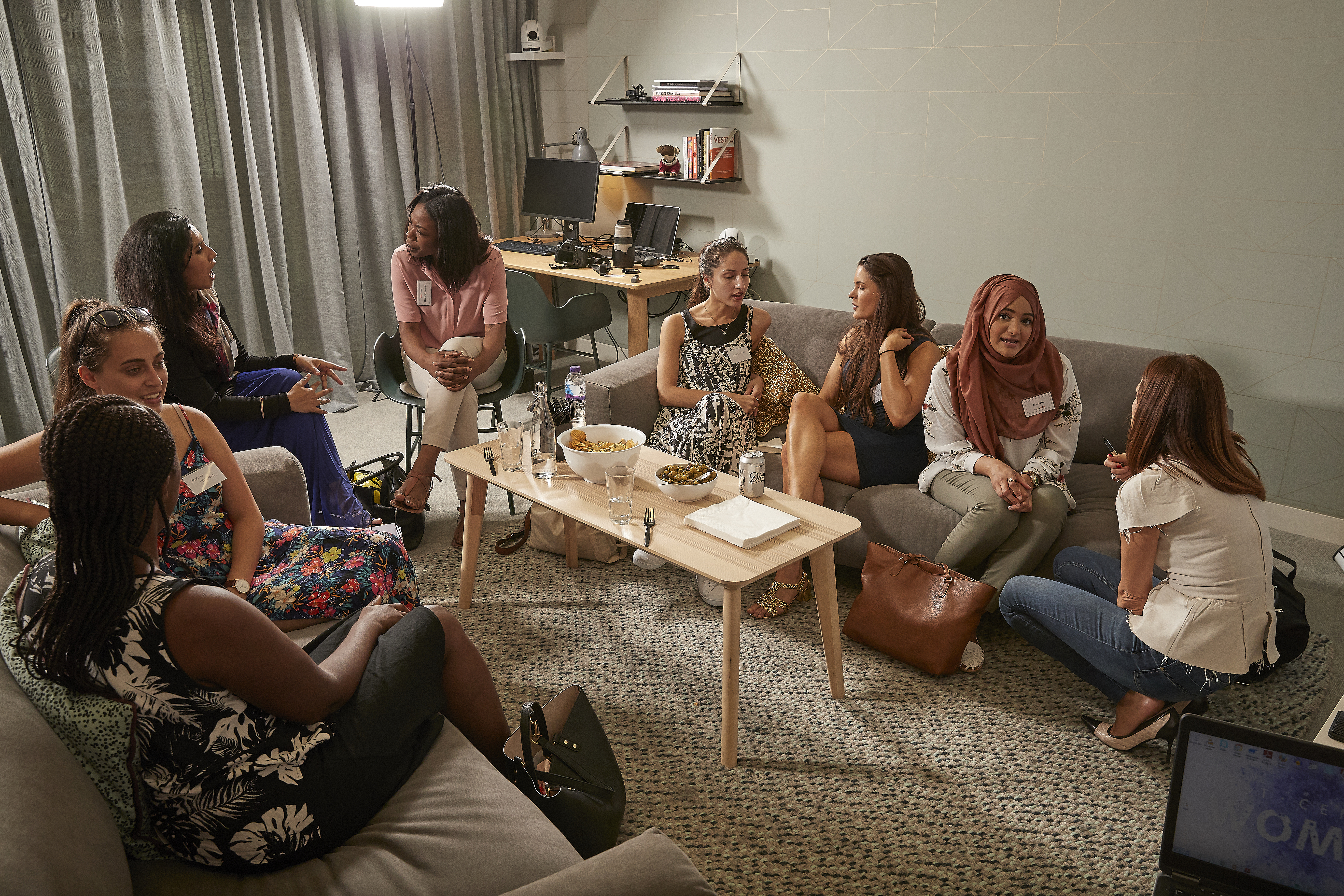
So, with Cannes purporting to showcase the best of the best, we thought it time to revisit some of those women we spoke to first time round, and see if the cream of the crop could grab their attention. Do the campaigns that creative figureheads judge to be our gold standard resonate with ‘real women’ too?
The answer appeared to be yes, but only to a point. The likes of John Lewis, Channel 4 and Ikea were all warmly received by the panel (“I almost feel trained to love every John Lewis ad” admitted one panelist), whilst campaigns they weren’t necessarily aware of such as ‘Meet Graham’ and ‘Like my addiction’ were praised for their ability to be both shocking and making you think.
Of course, no Cannes Lions review would be complete without ‘Fearless Girl’, and this won as many plaudits from our panel as it has won Grand Prix. The feeling of empowerment, resolve and optimism reflected brightly with our panel. “Even though it’s ultimately promoting a financial corporation, you trust them,” one panellist said. “I feel like I have faith in them to do what’s right.”
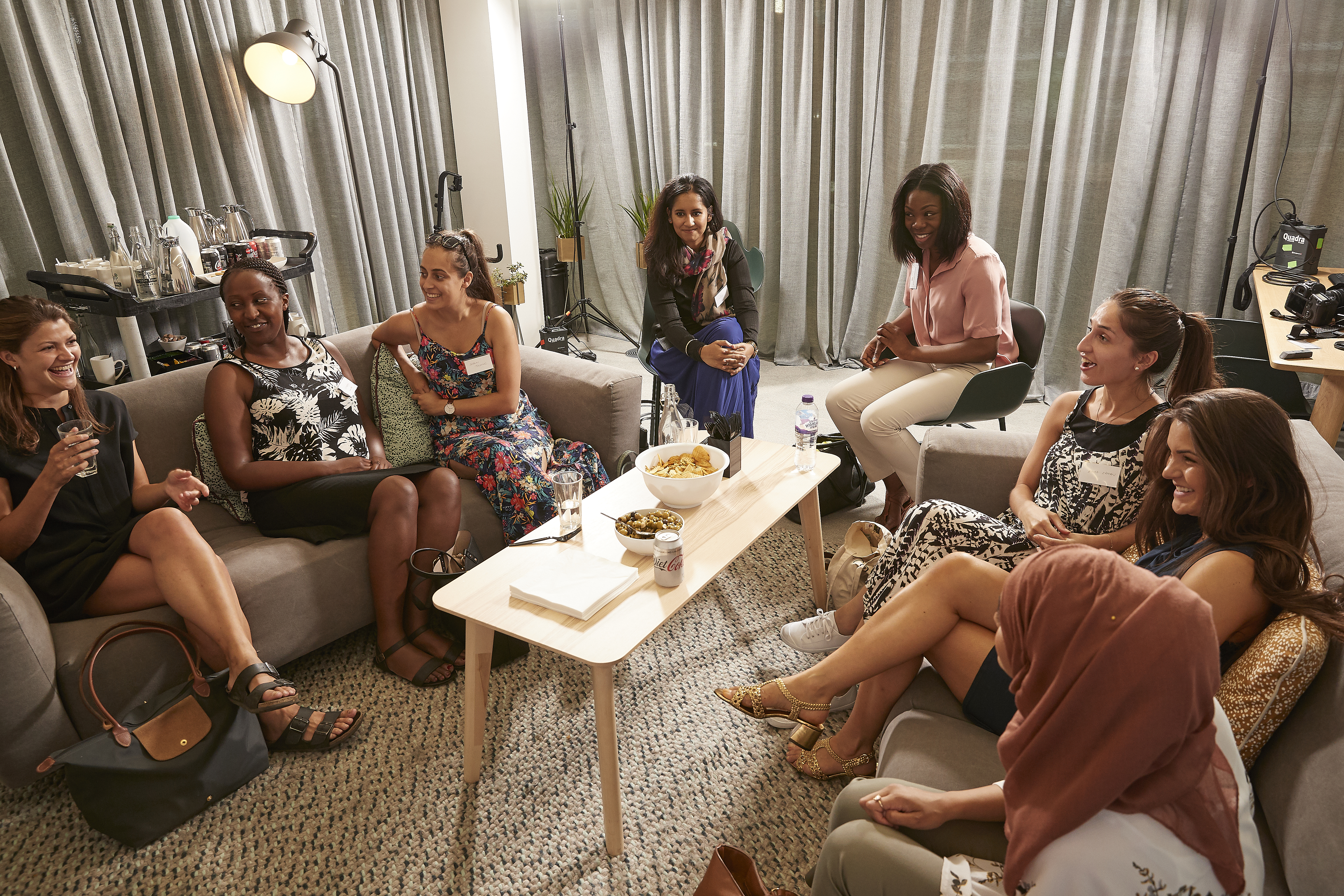
Which is unfortunately where some of the other campaigns on show fell down. Mexican beer brand Tecate may have scooped a Gold Glass Lion, but it was shunned by our panel for ‘trying to take advantage of serious issues just to sell beer’. Meanwhile Audi’s industry-revered ‘Daughter’ ad, which aired during the Super Bowl and also tackled issues around gender equality, was broadly liked by the panel but still faced criticism that it was ‘cynically using an important issue that feels uncomfortable’. “I don’t want a German car brand telling me what to think,” one contributor said.
What’s clear is that it still feels like there’s a very delicate balance between using issues in advertising for good and using issues for the good of advertising. Even the best of the best may not resonate with the public the way we’d like to think they do.
But if and how brands get involved with wider social issues is a debate for an article far more comprehensive than this. So let’s end with one further positive exhibition of bravery at Cannes. When we started our 21st Century Woman initiative, it was because there seemed to be a lot of chat around gender equality in advertising, but very little action. Over the past week on the Croisette, we’ve seen lots of brands, agencies and publications begin to make genuine commitments to tackling the debate head-on.
There’s still a long way to go. And I look forward to the day that a Glass Lion award is no longer needed. But on the whole what we’ve seen this week is empowering – both in the campaigns being celebrated and the set up of the industry itself. I think every 21st Century Woman can agree on that.
